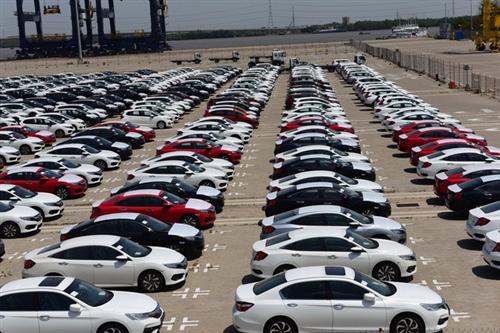Shrimp exports to Australia increased strongly in 2019
Shrimp exports to Australia increased strongly in 2019
Exports of shrimp to Australia increased strongly in 2019, expanding at a two-digit growth rate, according to statistics from the Viet Nam Association of Seafood Exporters and Producers (Vasep). 
Shrimp export to Australia totalled nearly US$121 million as of December 15, 2019, representing a rise of 12.6 per cent over the same period of 2018 – the highest rate among the top ten shrimp export markets of Viet Nam.
Australia was the seventh largest shrimp export market of Viet Nam, according for 3.8 per cent of Viet Nam’s total shrimp export revenue.
Shrimp exports to Australia saw strong recoveries after April 2019, after posting a decline in 2018.
Especially, July saw the highest increase of 56 per cent, with November at a rate of 45 per cent.
Vasep cited statistics of the International Trade Centre that Viet Nam’s shrimp exports to Australia were estimated at $237 million in January-October 2019, dropping by 16.6 per cent over the same period of 2018.
For many years, Viet Nam was the largest shrimp exporter to Australia, accounting for 42 per cent of Australia’s shrimp imports, followed by China with 23 per cent and Thailand with 22 per cent.
Among the six largest shrimp exporters to Australia, only Viet Nam saw an increase of 4.6 per cent in the period, while other countries all saw two-digit decreases.
Australia and Viet Nam were members of the Comprehensive and Progressive Agreement for Trans-Pacific Partnership (CPTPP) which took effect from the beginning of 2019. Accordingly, shrimp exported to Australia would enjoy zero tariffs.
According to Vasep, Australia was among countries with strict requirements on food hygiene and safety.
Vasep urged firms to establish production chains to increase shrimp quality with clear origin to expand exports to Australia.
Shrimp exports to Australia totalled $114.7 million in 2018, dropping by 4.4 per cent against 2017.
Viet Nam’s shrimp exports saw total revenue of $3.39 billion in 2019, a decrease of nearly five per cent, Vasep’s statistics showed.
























